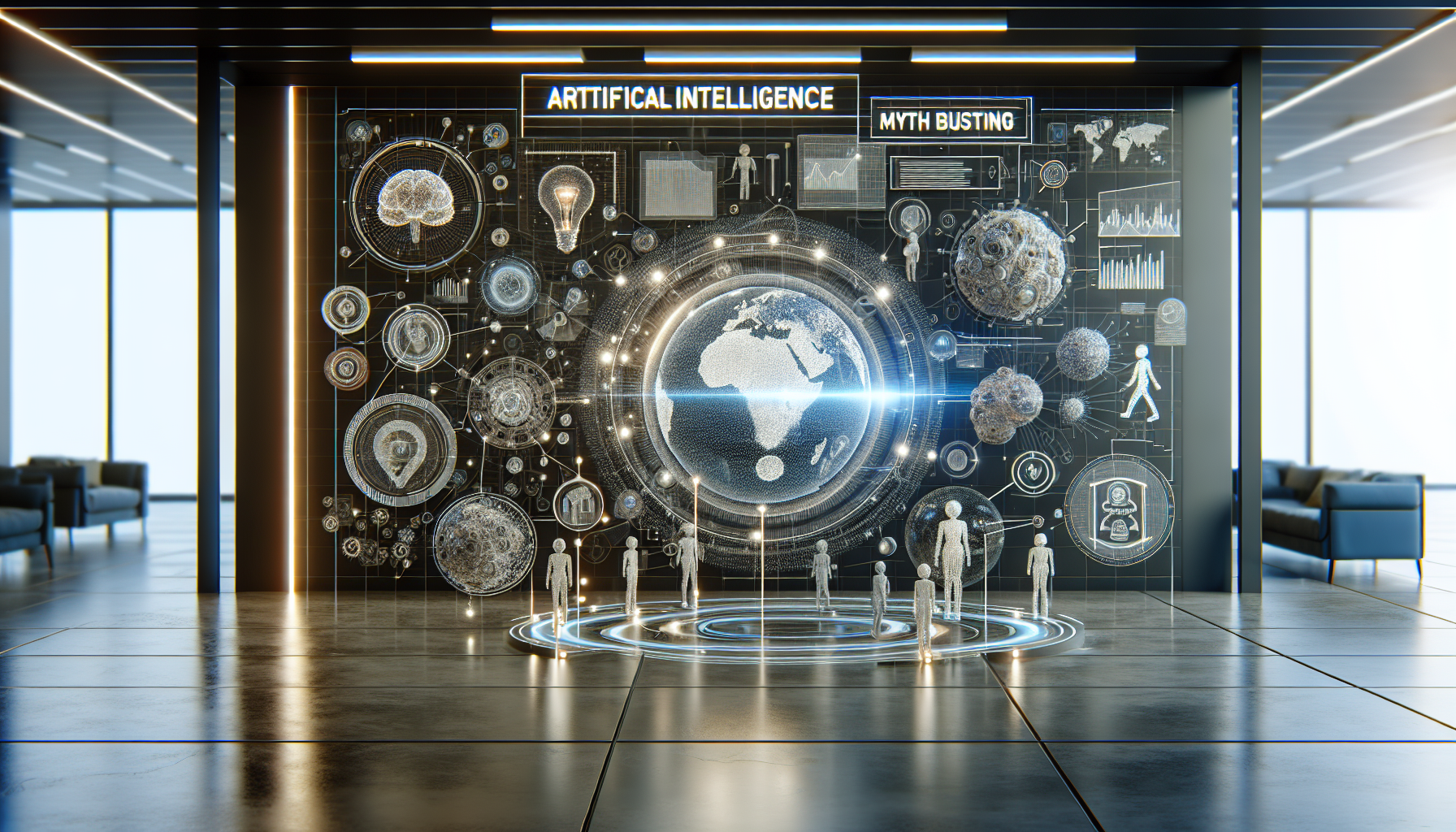
AI and Digital Marketing: How Targeting and Personalization Strategies are Transforming Consumer Engagement
November 19, 2025
Artificial intelligence is not just a buzzword in the realm of digital marketing; it is a game-changer that is transforming how brands connect with consumers. The integration of AI in targeting and personalization strategies offers marketers unprecedented opportunities to create more meaningful and engaging experiences for their audiences. This trend is more than just a technological advancement; it is a revolution in consumer engagement.
Imagine a world where every digital interaction feels uniquely crafted for you. This is not a futuristic dream; it is the reality that AI is enabling in digital marketing. By analyzing vast amounts of data, AI can predict consumer behavior with remarkable accuracy. This predictive capability allows marketers to go beyond traditional demographic targeting to a more nuanced understanding of individual preferences and needs.
One of the key ways AI is revolutionizing targeting strategies is through its ability to analyze consumer data at an incredibly granular level. Traditional marketing relied on broad demographics such as age, gender, and location. AI, however, can delve deeper, examining browsing habits, purchase histories, social media interactions, and even real-time contextual data like weather patterns or local events. This wealth of information empowers marketers to craft campaigns that resonate on a personal level, enhancing engagement and driving conversion rates.
Personalization is the next frontier where AI is making significant strides. Gone are the days of one-size-fits-all marketing messages. Today, AI algorithms can tailor content to individual users, delivering the right message at the right time. For instance, AI can modify email subject lines, product recommendations, and even website layouts based on a user’s past interactions and predicted preferences. This level of personalization not only increases the likelihood of a purchase but also fosters brand loyalty by making consumers feel understood and valued.
The rise of AI-driven chatbots and virtual assistants is another testament to the power of AI in digital marketing. These tools provide immediate, personalized customer service, resolving queries and guiding purchase decisions at any hour. Unlike human agents, AI chatbots can handle multiple interactions simultaneously, ensuring that no customer is left waiting. This instant gratification meets the demands of modern consumers and positions brands as responsive and customer-focused.
Moreover, AI’s ability to process and interpret natural language is enabling marketers to understand consumer sentiment and trends in real time. By analyzing social media conversations and online reviews, AI can gauge public perception, identify emerging trends, and even predict potential crises before they escalate. This real-time insight allows brands to adapt their strategies swiftly, maintaining a competitive edge in a rapidly changing marketplace.
While the benefits of AI in digital marketing are clear, it is crucial to address the ethical considerations that accompany these advancements. Privacy concerns are at the forefront, as consumers become increasingly aware of how their data is collected and used. Marketers must prioritize transparency and consent, ensuring that they leverage AI responsibly and ethically. Building trust with consumers by safeguarding their data is not just a legal obligation but a strategic imperative in cultivating long-term relationships.
The transformative power of AI in digital marketing is undeniable, yet it is still an evolving field. As AI technology continues to advance, the potential for even more sophisticated targeting and personalization strategies is vast. Marketers who embrace these innovations stand to gain a significant advantage, not only in terms of sales but in establishing deep, meaningful connections with their audiences.
As we navigate this AI-driven landscape, one must ponder how these advancements will shape the future of consumer-brand interactions. Will AI lead to a marketing utopia where every consumer feels uniquely understood, or will it further blur the lines between ethical marketing and invasive surveillance? These questions invite us to explore the balance between technology and humanity, urging us to leverage AI's capabilities while preserving the essence of genuine human connection.


